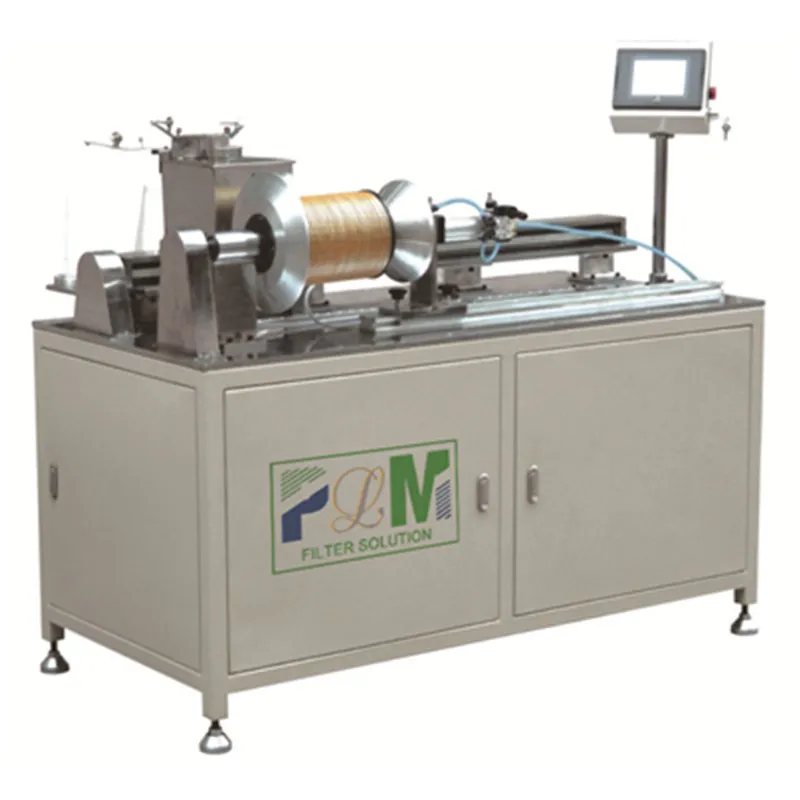Sep . 07, 2024 13:32 Back to list
Premium Bore Water Filter Solutions | Clean and Safe Water
Understanding Bore Water Filter Options
In the quest for clean and safe drinking water, many individuals and communities in rural and semi-urban areas turn to bore water. However, bore water may contain various impurities, including minerals, heavy metals, and microbial contaminants that can pose health risks. Therefore, investing in a bore water filter is essential. This article aims to explore the significance of bore water filtration, the different types of filters available, and some considerations when choosing a suitable filter system.
Importance of Bore Water Filtration
Bore water, also known as groundwater, is often accessed through wells or boreholes. It provides a crucial water source, especially where municipal supplies are limited. However, untreated bore water can harbor pollutants such as nitrates, salt, and even pathogens. Contaminated water can lead to serious health issues, including gastrointestinal diseases and long-term exposure problems.
Thus, filtering bore water is not just a matter of preference but a necessity. A reliable filtration system can help eliminate harmful substances, ensuring that the water is safe for drinking, cooking, and other household uses.
Types of Bore Water Filters
There are several types of bore water filtration systems available, each designed to tackle specific impurities. Here are some common options
1. Sediment Filters These filters are effective in removing larger particles such as sand, silt, and dirt. A sediment filter is often the first line of defense in a filtration system.
2. Activated Carbon Filters Known for their ability to absorb chlorine, volatile organic compounds (VOCs), and unpleasant tastes and odors, activated carbon filters are essential for improving the taste of bore water.
3. Reverse Osmosis Systems This advanced filtration process uses a semi-permeable membrane to remove a wide range of contaminants, including heavy metals and microorganisms. Reverse osmosis is highly effective but may require more maintenance.
bore water filter quotes

4. UV Water Purifiers Ultraviolet (UV) purification systems use UV light to disinfect water. They are particularly effective against bacteria, viruses, and other pathogens, making them an excellent option for those concerned about microbial contamination.
5. Ion Exchange Filters These filters are used primarily to soften water by removing hardness-causing minerals like calcium and magnesium.
Choosing the Right Bore Water Filter
When selecting a bore water filter, several factors should be considered
- Water Quality Before investing in a filter, it's crucial to conduct a water quality test to identify the contaminants present. This information will guide you in selecting an appropriate filtration system.
- Flow Rate Consider the flow rate of the filter, as it must meet the daily water usage requirements of your household.
- Maintenance Some filter systems require more upkeep than others. Evaluate your willingness and ability to maintain the system, including regular cleaning and filter replacements.
- Budget Filter prices can vary significantly. Determine your budget, keeping in mind not just initial costs but also long-term maintenance expenses.
Conclusion
The right bore water filter can greatly enhance the quality of your drinking water and ensure the health of your family. By understanding the types of filters available and carefully assessing your specific needs, you can make an informed decision that will provide safe, clean water for years to come. Investing in bore water filtration is not merely an expense but a vital step towards promoting health and well-being in your home.
-
Durable Sintered Porous Metal Filter Tube Cup & Machines
NewsJul.22,2025
-
Effective Active Carbon Air Filter for Purifiers | Eliminate Odors
NewsJul.21,2025
-
PLJT-250-25 Full-auto Turntable Clipping Machine | Efficient Automation
NewsJul.20,2025
-
Cheap PLJY109-500 Full-Auto HDAF Expanded Mesh Spiral Coiling Machine - High Efficiency & Quality Manufacturer
NewsJul.08,2025
-
Best PLHJ-6 Full-Auto Eco Filter Rotary Heat Plating Machine - High Efficiency & Eco-Friendly Solution
NewsJul.08,2025
-
High-Efficiency Paper Pleating Machine for Filters Trusted Filter Paper Pleating Machine Company
NewsJul.07,2025
